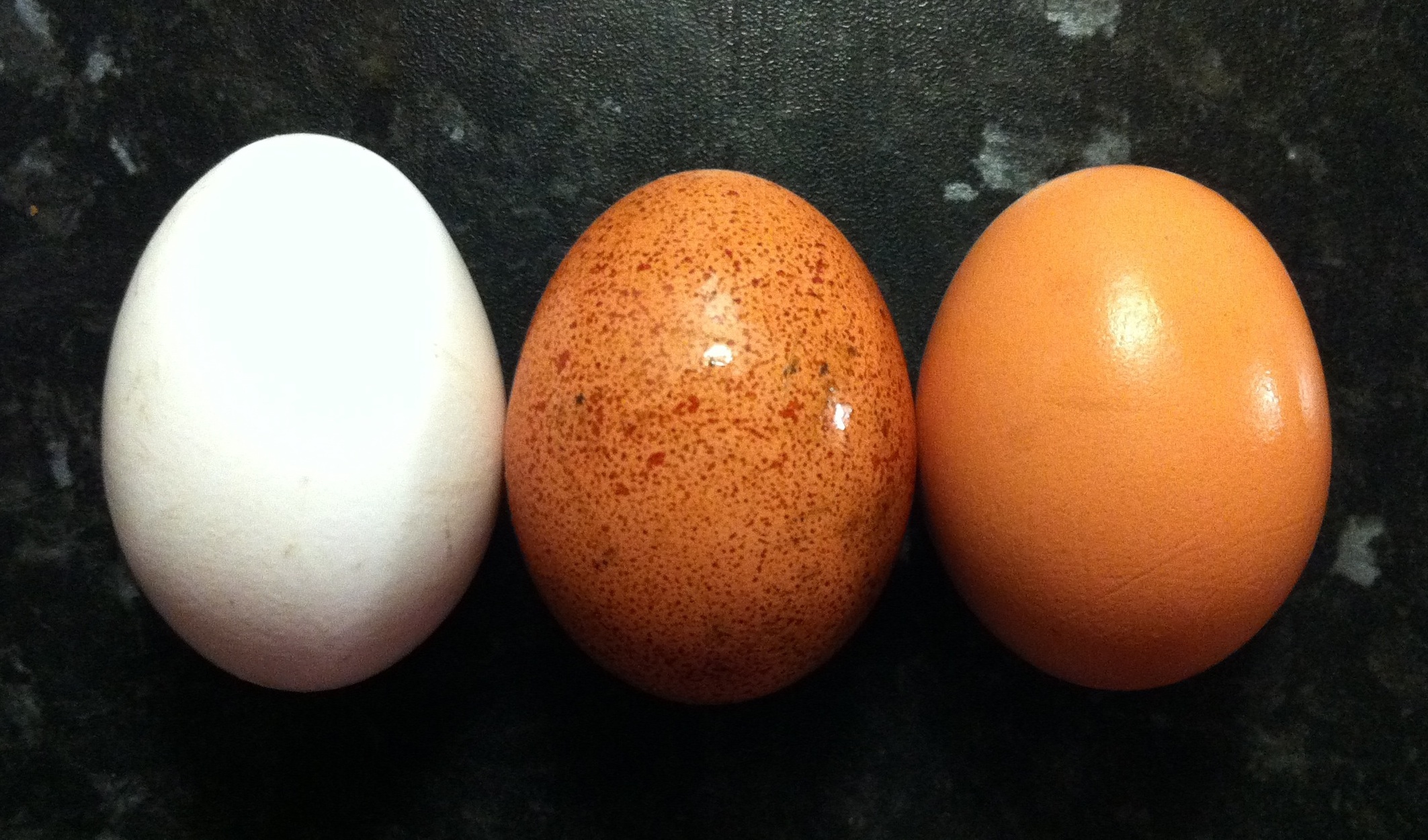
Cornucopia’s Organic Egg Scorecard Aims to Help Inform Consumers
Consumers are buying more cage-free and organic eggs, but a Wisconsin nonprofit that promotes natural foods says the products aren't always what they're cracked up to be.
In a new report called "Scrambled Eggs: Separating Factory Farm Egg Production from Authentic Organic Agriculture," the Cornucopia Institute says egg industry practices vary widely from farm to farm.
January 2, 2016 | Source: Journal Sentinel | by Rick Barrett
Consumers are buying more cage-free and organic eggs, but a Wisconsin nonprofit that promotes natural foods says the products aren’t always what they’re cracked up to be.
In a new report called “Scrambled Eggs: Separating Factory Farm Egg Production from Authentic Organic Agriculture,” the Cornucopia Institute says egg industry practices vary widely from farm to farm.
“In all too many cases, I call this farming by press release. Their websites are filled with pictures of red barns and people hugging chickens and calves, but the reality of the production models is much different,” said Mark Kastel, founder of the Cornucopia Institute, based in Cornucopia.
“We don’t want people to abandon organic products because they think it’s a fraud,” Kastel said, adding that consumers ought to look closer at where their food comes from.
Cornucopia has an organic egg scorecard that rates farms on 28 criteria it says are important to consumers — mostly regarding hen welfare.
The egg producers were assigned individual scores based on the results of a Cornucopia survey they completed, and from unannounced farm visits by the organization.
Some producers claim their hens have access to the outdoors, when in fact it’s a small screened area for thousands of birds, according to Kastel.
“If 95% of the birds can’t get outside, that claim is very deceiving,” he said.
“It’s not just the spirit of the law. The letter of the law clearly states all organic livestock, including chickens, must have access to the outdoors, fresh air and sunshine,” Kastel said.
The scorecard gave low ratings to farms that didn’t complete the survey, which was voluntary.
“If you want to operate in secrecy, we think that’s a black eye in itself,” Kastel said.
Some of the biggest producers received the lowest scores. Small farms got the highest marks.
“There’s a heavy, innate bias towards small, backyard farms that sell eggs to farm markets,” said John Brunnquell, founder and president of Egg Innovations and the Blue Sky Family Farms brand, based in Port Washington.
Blue Sky, a network of egg producers in five Midwestern states, received a three-egg rating from Cornucopia, out of a possible five eggs as the top score.
That didn’t settle well with Brunnquell, who runs a third-generation family farm and says his producers meet the Humane Farm Animal Care “certified humane” standards for free-range and pasture-raised eggs.
“We have become the largest free-range and pasture-egg operation in the United States, and we do that by supporting 60 individual family farms. If the individual farmer was being rated by Mark Kastel, they would get a four-egg or five-egg score. But because we are coordinating those 60 farms, he drops us down to a three-egg score,” Brunnquell said.
